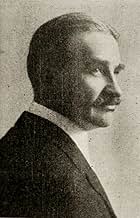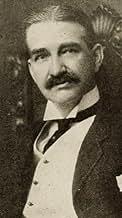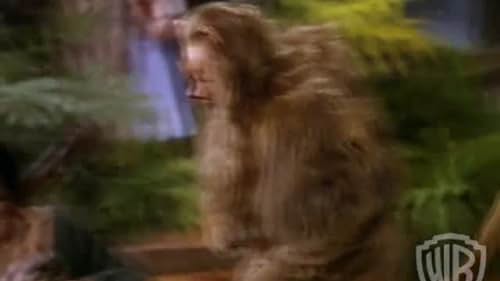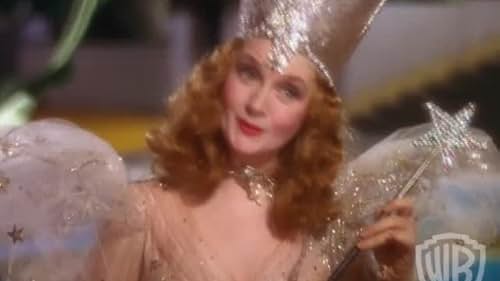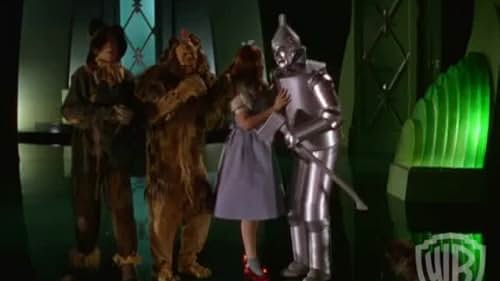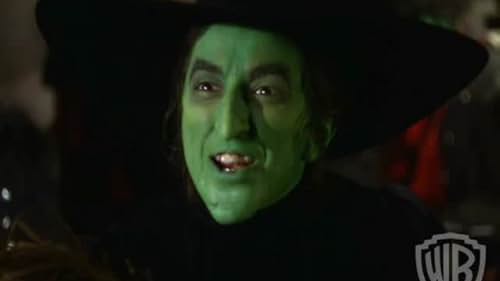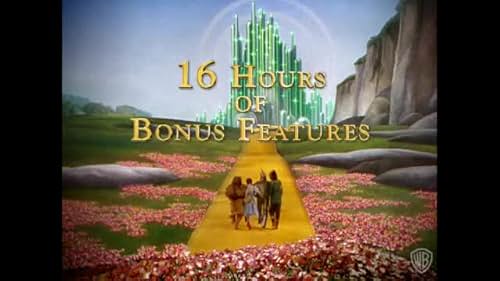L. Frank Baum(1856-1919)
- Writer
- Producer
- Additional Crew
L. Frank Baum became a success with his 1883 production of "The Maid of
Arran" in 1882. He was a dreamer, had a printing press and an amateur
newspaper, "The Rose Lawn Home Journal" and published a coin and stamp
collecting guide. He failed at almost everything through poor business
sense. He had been an actor, though only successfully in "The Maid of
Arran," a newspaper editor ("The Aberdeen Saturday Pioneer"), a store
owner (Baum's Bazaar, from which he filed for bankruptcy on New Year's
Day of 1899), and motion picture producer and director. He met
everything with enthusiasm and talent, but things did not work just
right and only became successful again as a writer. Diverse in audience
and subject matter, he is best remembered for his fourteen Oz books and
their subsidiary fantasies. He is said to have singlehandedly created
the fantasy genre out of the Andersen-style literary fairy tale. He
used a variety of pseudonyms for juvenile series made at the publishers
request, the best known and most successful being as Edith Van Dyne,
who was once played by an actress at a luncheon with another publisher
who wanted to meet her. The name was later used by Emma Speed Sampson,
who continued some of his series.
Baum was a kind and gentle family man, who never swore or told dirty jokes, nor was he able to punish his four sons, whom Maud had to handle for him. He was born with a bad heart and suffered several minor attacks, including one induced by The Peekskill Military Academy at age 14. He loved to make fun of the military after that incident, as one can see in his Oz books. He created and headed The Oz Film Manufacturing Company in 1914 and directed one film the year later, after which his son Frank Joslyn Baum took it over, changing the name to Dramatic Feature Films, after the Oz name had been cursed as box-office poison, despite excellent critical reception of J. Farrell MacDonald's The Patchwork Girl of Oz (1914).
He continued writing, sitting up in bed long after his health had failed him, and his final Oz book was published posthumously in 1920. It was only his second attempt at science fiction. Baum's writing attracted legions of fans of all ages, both during and after his lifetime. His work has influenced such writers as Gore Vidal, Ray Bradbury, and Terry Brooks. The Oz series has been continued both officially and unofficially after his death. Frank Joslyn Baum sold the film rights of the first Oz book to MGM in 1934, and Walt Disney soon picked up the rest, unable to secure the original from them, for he, too, had desired to make a film version, as had been done before by Baum himself, Otis Turner, Ray C. Smallwood, Larry Semon, Ethel Meglin, Ted Eshbaugh, and many subsequent to 1939. Ironically, Baum moved to Hollywood at Ozcot to have a quiet place to write, which, of course, resulted in the OFMC. One other notable work by Baum is Tamawaca Folks, a spoof of his vacation town of Macatawa Michigan, taking the name of Michigan author John Esten Cooke and changing it to John Estes Cooke. Baum himself has a supporting role (under a different name) in the novel, which was based on all the vacationers. Baum's health problems limited his life to 63 years, but his literary output was remarkable, though mostly forgotten. An episode of the television series Death Valley Days (1952) features him and Maud as characters.
Baum was a kind and gentle family man, who never swore or told dirty jokes, nor was he able to punish his four sons, whom Maud had to handle for him. He was born with a bad heart and suffered several minor attacks, including one induced by The Peekskill Military Academy at age 14. He loved to make fun of the military after that incident, as one can see in his Oz books. He created and headed The Oz Film Manufacturing Company in 1914 and directed one film the year later, after which his son Frank Joslyn Baum took it over, changing the name to Dramatic Feature Films, after the Oz name had been cursed as box-office poison, despite excellent critical reception of J. Farrell MacDonald's The Patchwork Girl of Oz (1914).
He continued writing, sitting up in bed long after his health had failed him, and his final Oz book was published posthumously in 1920. It was only his second attempt at science fiction. Baum's writing attracted legions of fans of all ages, both during and after his lifetime. His work has influenced such writers as Gore Vidal, Ray Bradbury, and Terry Brooks. The Oz series has been continued both officially and unofficially after his death. Frank Joslyn Baum sold the film rights of the first Oz book to MGM in 1934, and Walt Disney soon picked up the rest, unable to secure the original from them, for he, too, had desired to make a film version, as had been done before by Baum himself, Otis Turner, Ray C. Smallwood, Larry Semon, Ethel Meglin, Ted Eshbaugh, and many subsequent to 1939. Ironically, Baum moved to Hollywood at Ozcot to have a quiet place to write, which, of course, resulted in the OFMC. One other notable work by Baum is Tamawaca Folks, a spoof of his vacation town of Macatawa Michigan, taking the name of Michigan author John Esten Cooke and changing it to John Estes Cooke. Baum himself has a supporting role (under a different name) in the novel, which was based on all the vacationers. Baum's health problems limited his life to 63 years, but his literary output was remarkable, though mostly forgotten. An episode of the television series Death Valley Days (1952) features him and Maud as characters.


